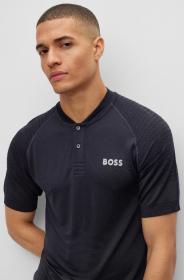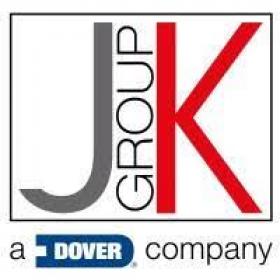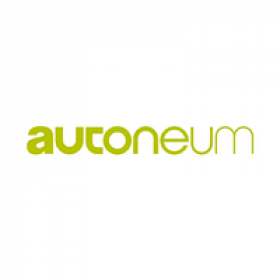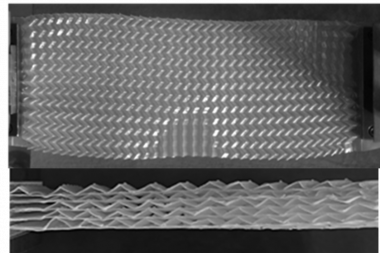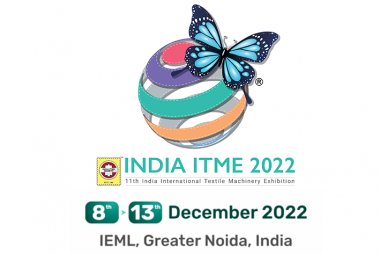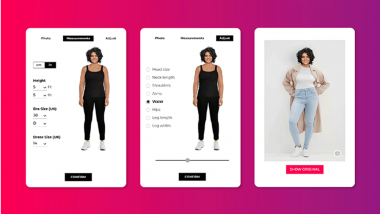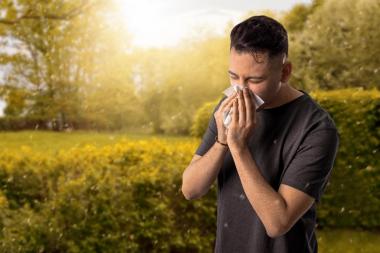EU agreement on deforestation-free supply chains
The viscose fibre manufacturer Kelheim Fibres - exclusively using FSC® or PEFCTM certified pulps exclusively from sustainably managed sources - welcomes the preliminary political agreement reached between the European Parliament and the Council on an EU regulation on deforestation-free supply chains. The new rules, adopted at the end of 2022, are intended to prevent goods that cause forest degradation or deforestation from being placed on the EU market.
As one of the largest economies worldwide, the EU is a major consumer of wood-based raw materials. Therefore, the new law can significantly contribute to reducing global deforestation and forest degradation as well as protecting threatened forest areas.
“Wood is an incredibly versatile and valuable renewable resource and the basis for countless products. Our viscose fibres are just one example – they offer an environmentally friendly alternative to synthetic materials in various applications and are thus a promising material for the future. Of course, this only applies if the production of our raw materials does not take place at the expense of our earth's natural forest resources. These forests are a bastion of biodiversity and climate protection for our entire planet and must be protected at all costs. No one can escape this responsibility," says Craig Barker, CEO at Kelheim Fibres.
Kelheim Fibres GmbH





